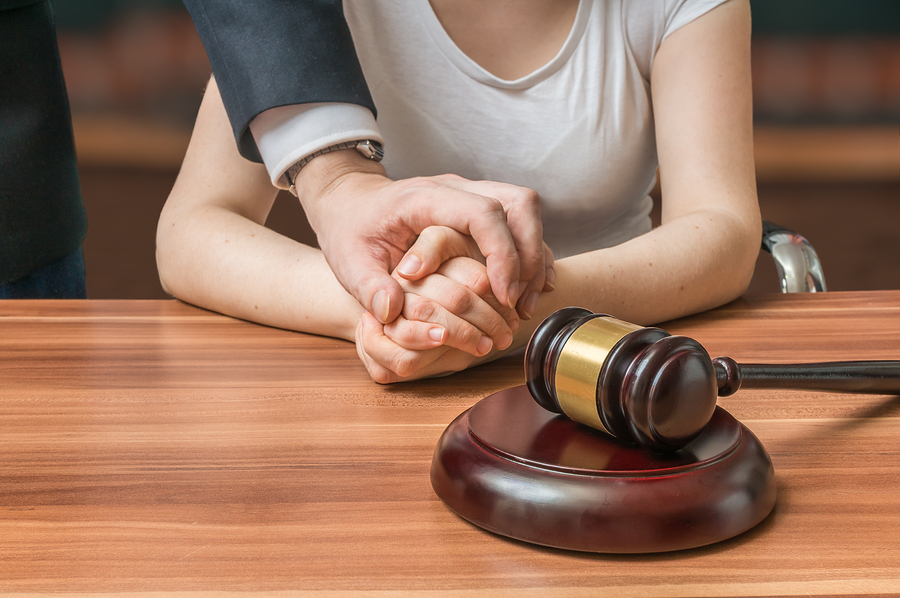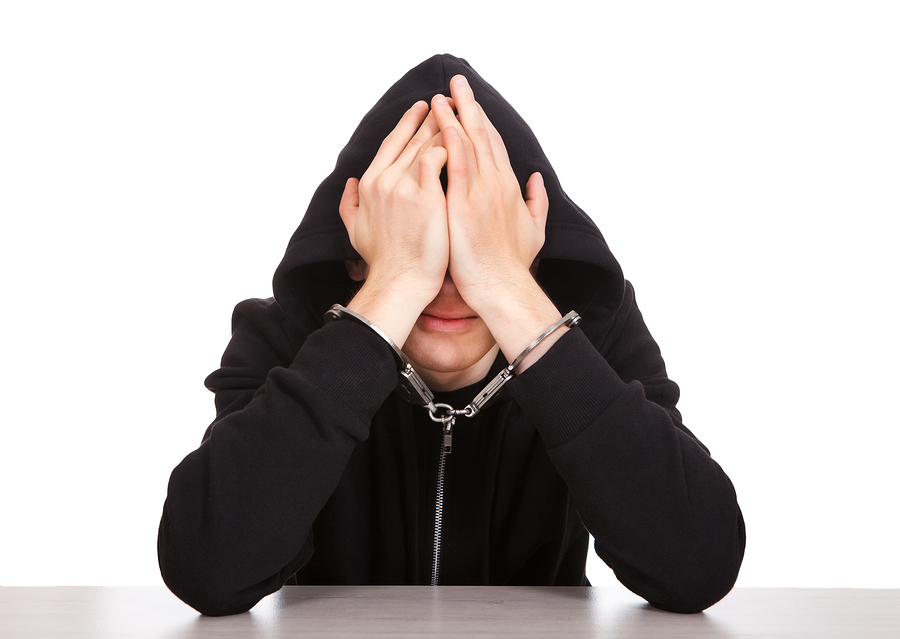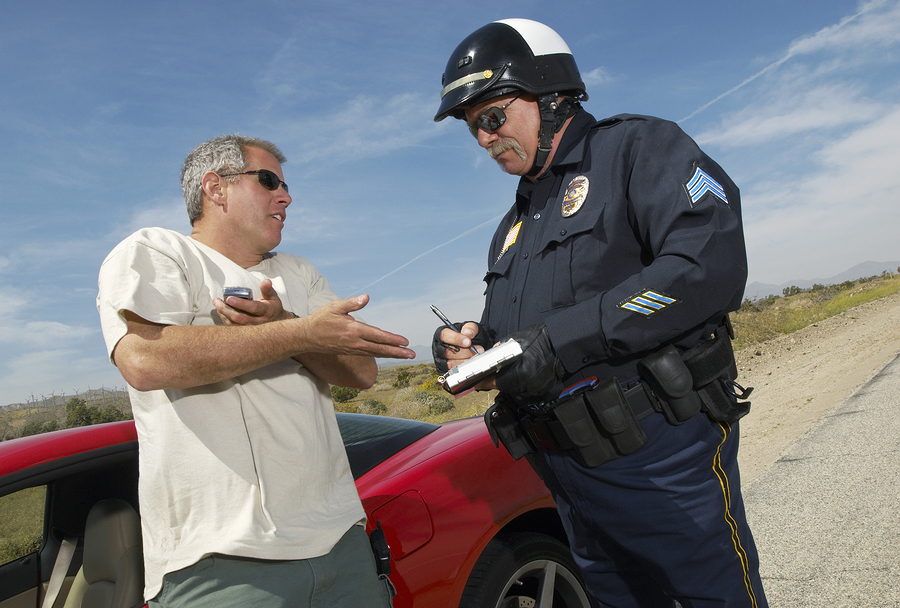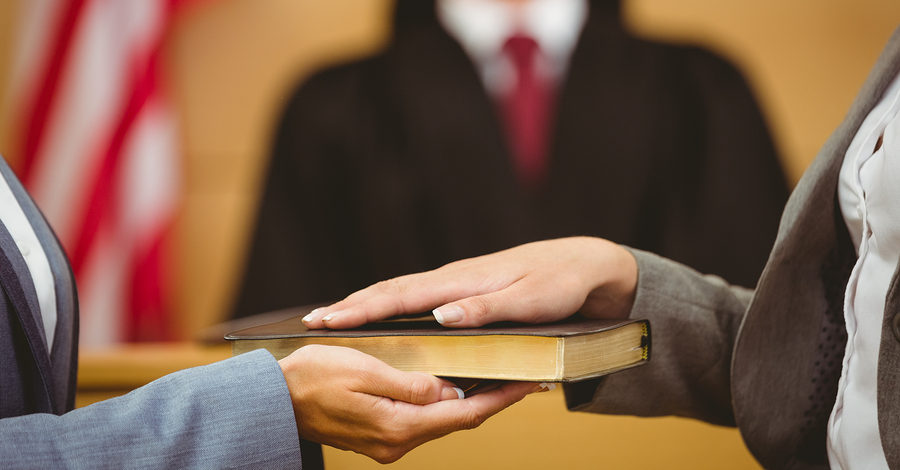A no contest plea is also known as nolo contendere, which translates loosely to, “I do not wish to contend.” When a defendant uses the no contest plea, they are not admitting fault, but they are also not disputing the charges either. Although this type of plea is an alternative to guilty or not guilty, courts will still convict and sentence someone following this plea. When it comes to no contest pleas, there are several advantages and disadvantages involved. For this reason, it is wise to educate yourself on the terms of a no contest plea before making one.
Continue reading to learn the pros and cons of a no contest plea to make the best decision for yourself prior to trial.

Pros of a No Contest Plea
Not all states allow nolo contendere, so if yours does, you are already at an advantage. Furthermore, most cases of no contest pleas require preliminary permission from the courts; so, if you are permitted to make this type of plea, you are also in luck.
Another major benefit to a no contest plea is civil liability. Once a defendant pleads no contest, they are convicted and sentenced criminally, but their plea cannot be used as evidence of guilt later on if they face civil action by any victims of their crime.
Pleading no contest saves money on attorney fees and court costs since trail time is shortened. The more you must appear for trial, and the longer you fight a charge, the more money you are going to spend. No contest pleas reduce time and cost.
Furthermore, pleading no contest also takes a person out of the spotlight faster if they are in it, such as the case with local celebrities like news reporters, restaurant owners, and CEO’s. No contest pleas shorten the process and can let a person move on.
It is possible to receive a lighter sentence when pleading no contest, as compared to pleading guilty, going to trial, and being convicted. Generally, defendants are given lesser punishment following a no contest plea deal.
Cons of a No Contest Plea
Although there are several advantages of pleading no contest, there are always two sides to a story. No contest pleas can also render unpleasant outcomes. One of the most well-known disadvantages of pleading no contest is the fact that a defendant will be convicted, sentenced, subjected to penalties, and have a permanent criminal record. Additionally, a no contest plea can be used later on as an aggravated factor if the defendant is criminally charged again. Aggravated factors will increase the severity of punishment for a defendant.
Get Trusted Legal Advice For Your Indiana Criminal Charges
Call 317-636-7514 to schedule a consultation with aggressive criminal defense attorney, David E. Lewis regarding your felony crimes. He will stop at nothing to protect your rights and preserve your freedoms after being charged with invasion of privacy in Indianapolis. With decades of hands-on experience, you can trust Attorney David E. Lewis to build you a strong and impactful defense against your criminal charges.










